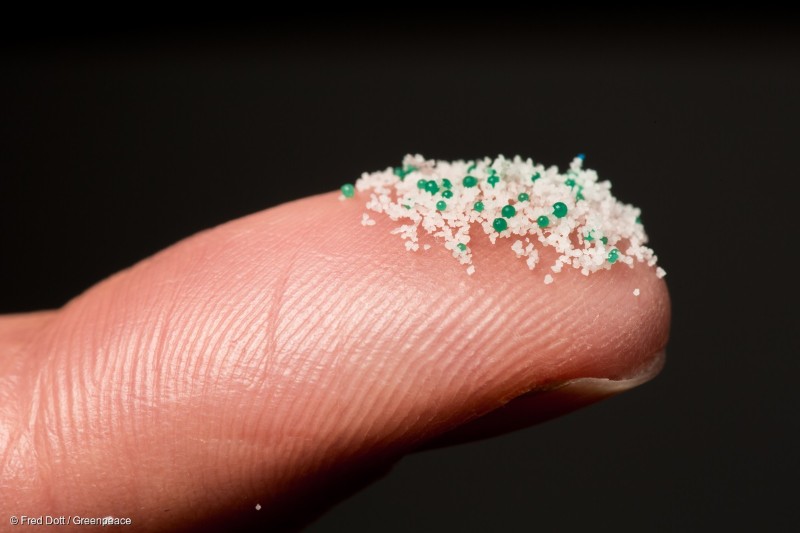UK microbead ban victory will protect ocean environments

The UK government is to introduce legislation later this year to ban the use of plastic microbeads in cosmetic products. Manufacture of such products must cease by 1st January 2018, and the sale of products containing plastic microbeads will be banned from 30th June 2018.
The ban follows a consultation carried out by the government last year into microbeads used in personal care products, such as exfoliators and toothpastes.
The announcement came from Environment Secretary Michael Gove as he pledged to reduce plastic waste choking our oceans, setting out his ambition for the UK to lead the world in environmental protection.
Commenting on the ban, environmental organisation Greenpeace said:
“Having campaigned for a ban on microbeads together for the past 18 months, we're delighted that the government has confirmed today that they are going ahead with this ban. This will go a long way towards stemming the flow of damaging microplastic ingredients into our seas and oceans, and will also help consumers who do not want to be adding to pollution when they use cosmetic and beauty products.
“Manufacture of products covered by the scope of this ban will be required to end by 1st January 2018, with the ban on sale coming into force on 30th June 2018. We are delighted to see the government commit to this timeframe, which is clearly achievable given the extent of industry commitments to date.”
Around eight million tonnes of plastic makes its way into oceans each year, posing a serious threat to our natural and marine environment; experts estimate plastic is ingested by 31 species of marine mammals and over 100 species of sea birds.
Several natural alternatives to plastic microbeads are already in use by skincare houses, such rice extract and ground nut kernels.



-12333.jpg)







